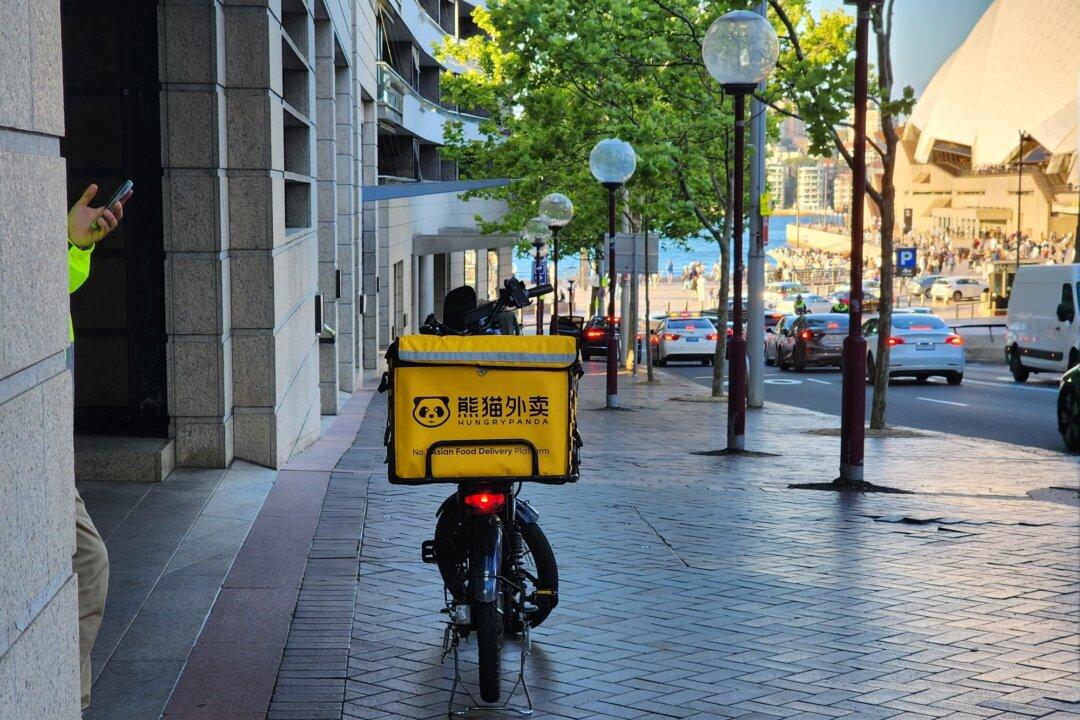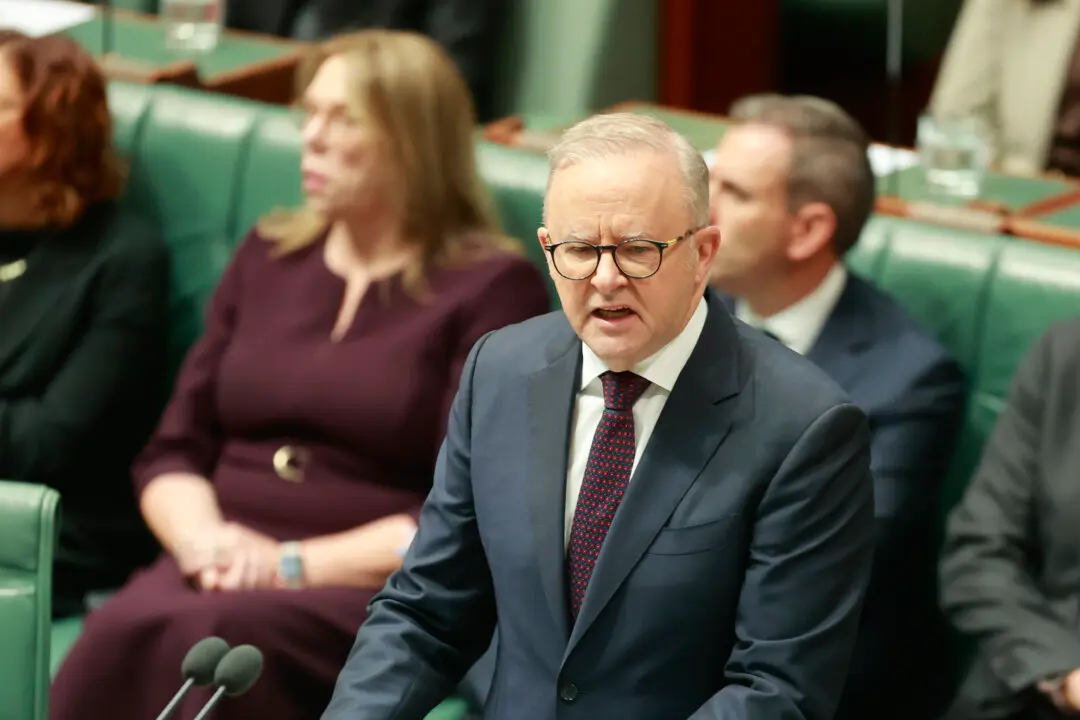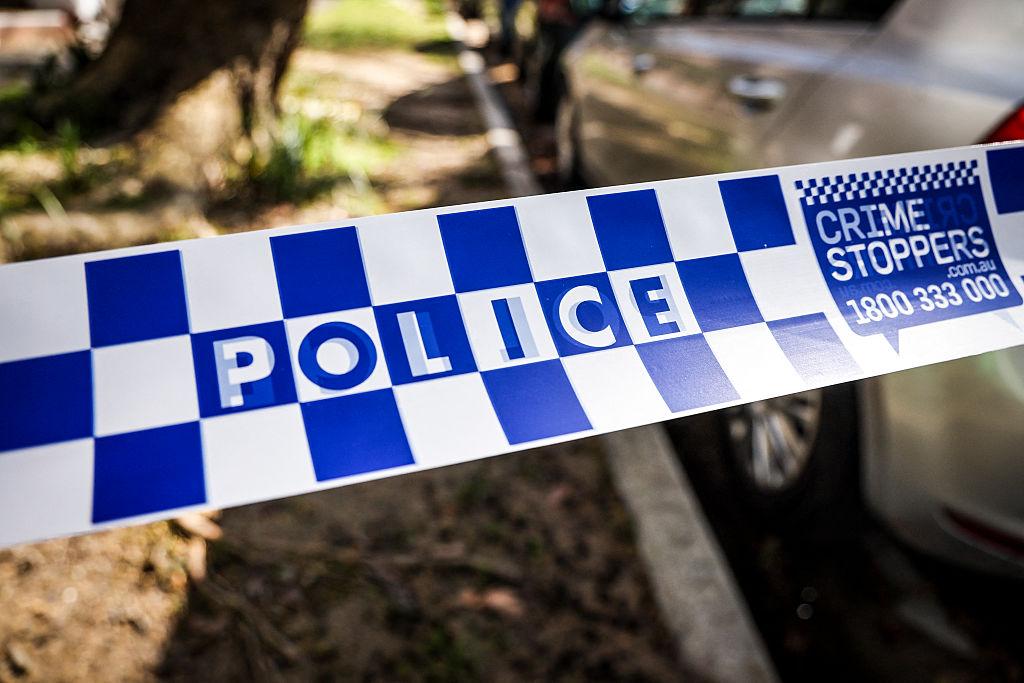Tensions with China have been a key feature of the South Korean President Moon Jae-in visits to Australia following that announcement that the two countries have signed a historic $1 billion defence contract, which will see South Korea defence giant Hanwha provide artillery weapons and vehicles to Australia.
Morrison said in a joint press conference, with Moon that South Korea has a critical role to play in quelling tensions with China in the Indo-Pacific.




